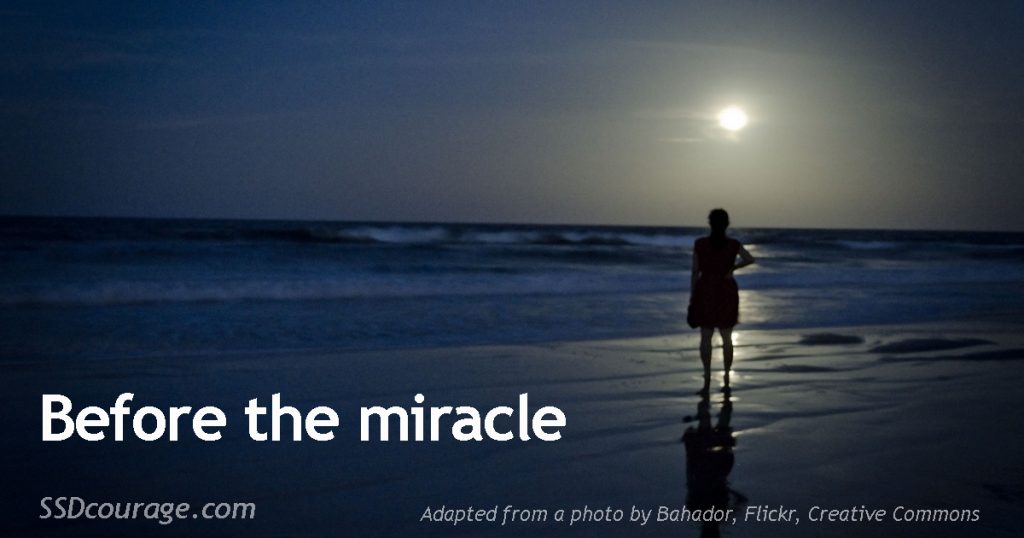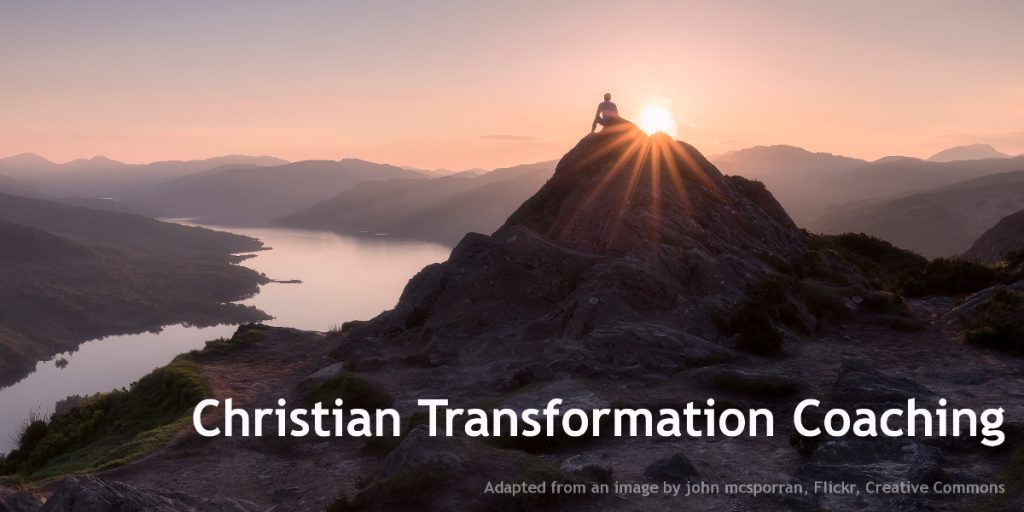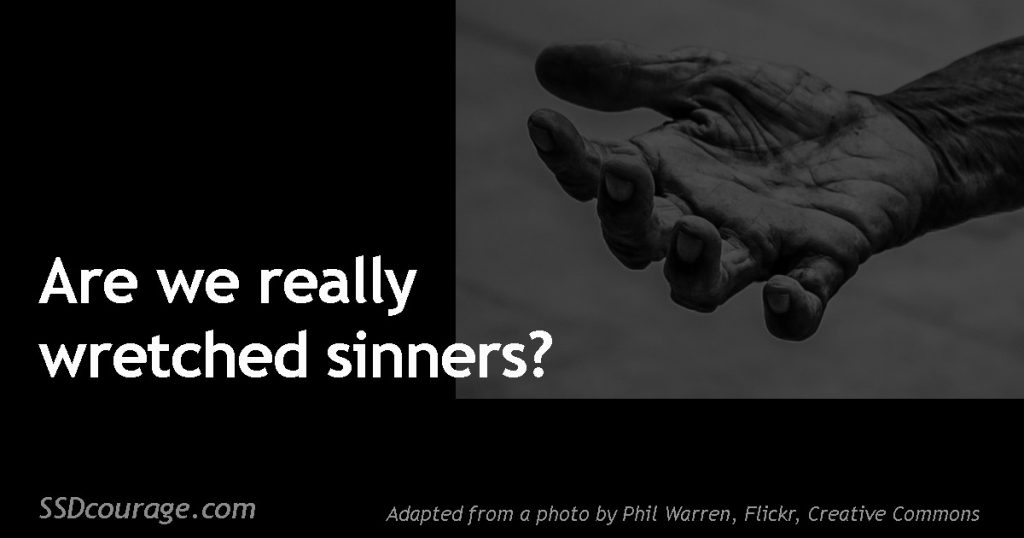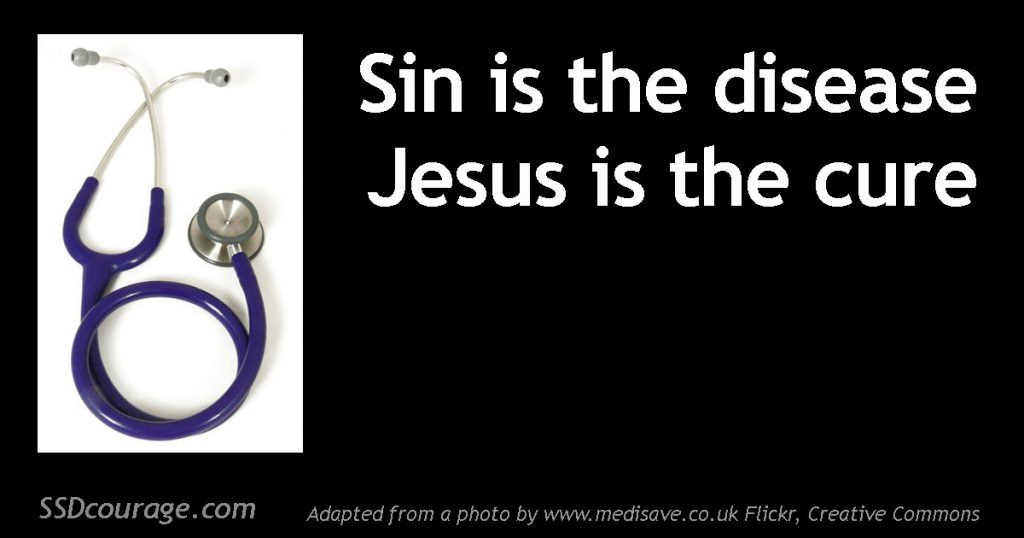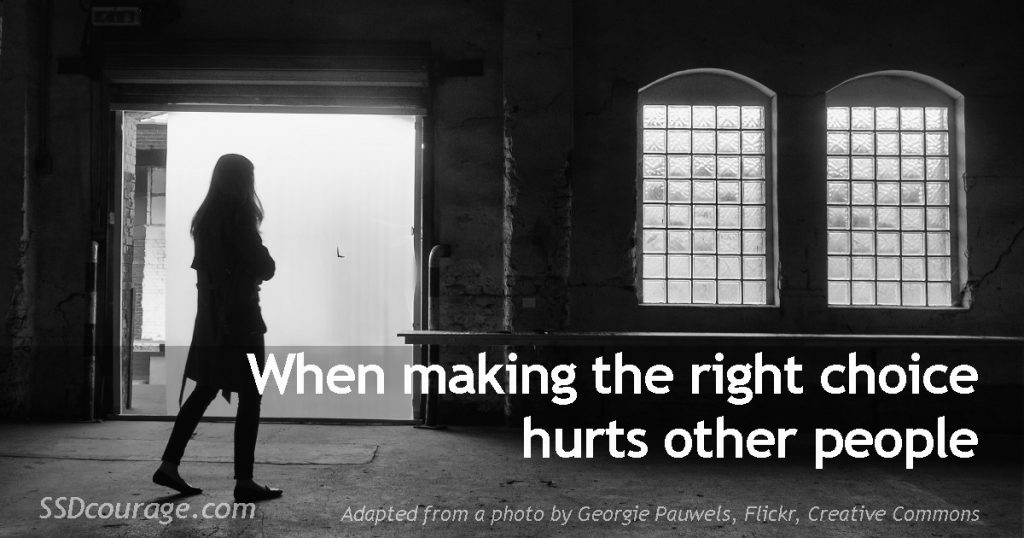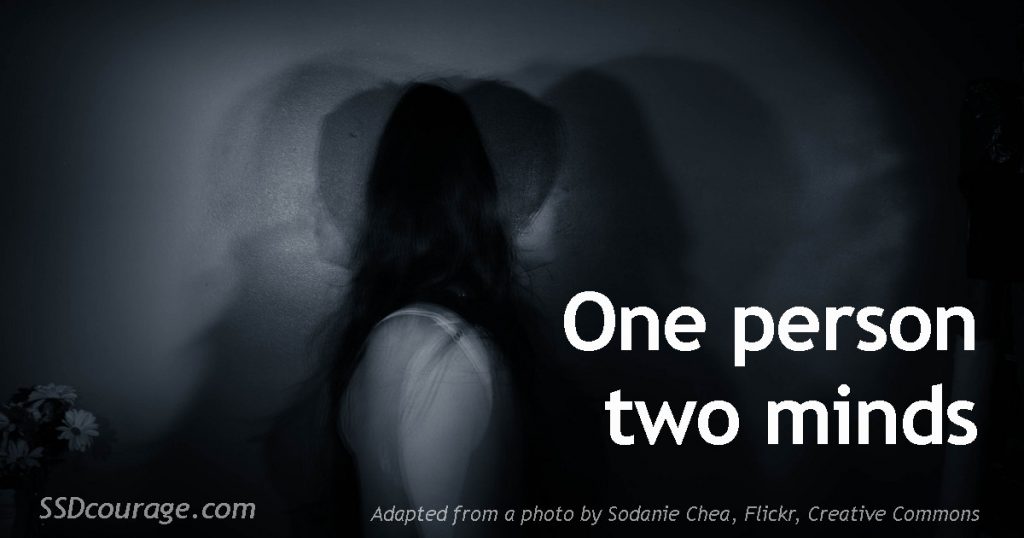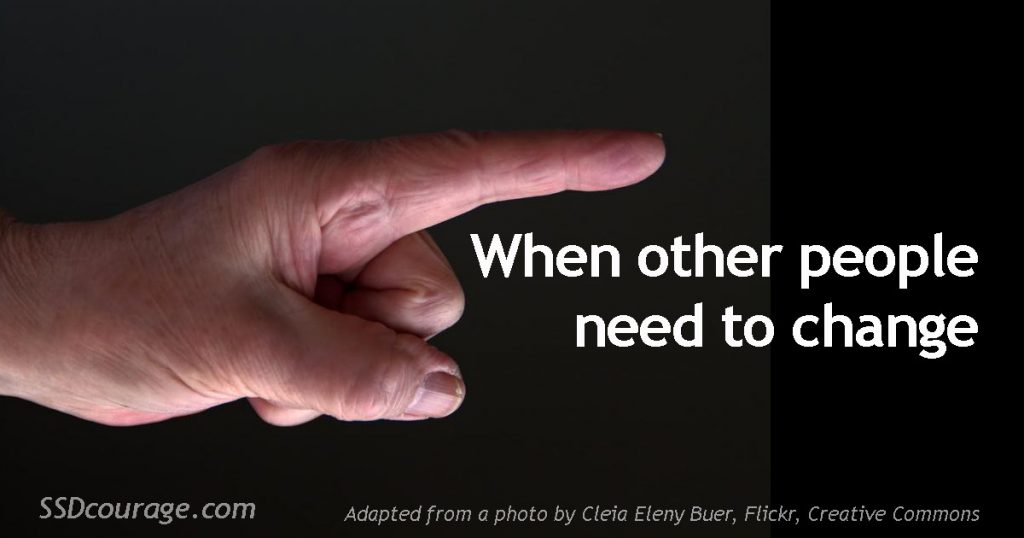
This is a little different than what I usually post, but it’s been on my mind for a while, so here goes…
Left Right Fight? No. I’m not going there.
Our identity as Christians is a thousand times more important than any political label we might carry. I hope these questions will inspire us to move—not right or left—but closer to God.
#1 Have I taken the time to listen?
Am I listening not only to people who agree with me, but also to people who have a different point of view? This is critically important. Most of us listen ONLY to people we agree with. That’s dangerous. We don’t learn and grow unless and until we listen to a variety of viewpoints.
“Everyone should be quick to listen, slow to speak and slow to become angry, because human anger does not produce the righteousness that God desires.” James 1:19-20 NIV
“Spouting off before listening to the facts is both shameful and foolish.” Proverbs 18:13 NLT
“Any story sounds true until someone tells the other side and sets the record straight.” Proverbs 18:17 TLB
#2 In my political conduct, am I contributing to love or to hate?
Hint: Accusing your political opponents of hate does NOT mean you are contributing to love.
I’m distressed by the political polarization I see not only in our country (USA), but also in the church—in the very family of God. When the world looks at us and sees strife and division, that damages the name of God. We don’t want that to happen. We want to lead the world in love.
“When you follow the desires of your sinful nature, the results are very clear … hostility, quarreling, jealousy, outbursts of anger, selfish ambition, dissension, division, envy … and other sins like these. Let me tell you again, as I have before, that anyone living that sort of life will not inherit the Kingdom of God. But the Holy Spirit produces this kind of fruit in our lives: love, joy, peace, patience, kindness, goodness, faithfulness, gentleness, and self-control. There is no law against these things!” Galatians 5:19-23 NLT
“Love is patient and kind. Love is not jealous or boastful or proud or rude. It does not demand its own way. It is not irritable, and it keeps no record of being wronged. It does not rejoice about injustice but rejoices whenever the truth wins out. Love never gives up, never loses faith, is always hopeful, and endures through every circumstance.” 1 Corinthians 13:4-7 NLT
“Do not gloat when your enemy falls; when they stumble, do not let your heart rejoice…” Proverbs 24:17 NIV
#3 Am I looking at the role spiritual darkness is playing in politics and in media?
Let me encourage you not to underestimate this. The battle that makes headlines may not be where the real fight is going on. We can fight very hard to win, only to discover we were fighting the wrong enemy. The Star Wars prequels come to mind. Remember the evil emperor Palpatine? Behind the scenes he stirred up conflict, not because he cared who won or lost, but because it diverted everyone’s attention from what he was really up to.
Am I praying against deception? Deception is a major tool of the enemy, and it is pervasive in politics and the media.
“For our struggle is not against flesh and blood, but against the rulers, against the authorities, against the powers of this dark world and against the spiritual forces of evil in the heavenly realms.” Ephesians 6:12 NIV
“Doom to you who call evil good and good evil, Who put darkness in place of light and light in place of darkness, Who substitute bitter for sweet and sweet for bitter!” Isaiah 5:20 MSG
“Satan, who is the god of this world, has blinded the minds of those who don’t believe.” 2 Corinthians 4:4 NLT
“Then you will know the truth, and the truth will set you free.” John 8:32 NIV
#4 Am I promoting people of integrity?
Integrity matters. A lot.
“A wicked ruler is as dangerous to poor people as a roaring lion or a charging bear.” Proverbs 28:15 NCV
“When good people run things, everyone is glad, but when the ruler is bad, everyone groans.” Proverbs 29:2 MSG
“For the wicked shall not rule the godly, lest the godly be forced to do wrong.” Psalm 125:3 TLB
#5 What have I learned from history and the Bible?
If I’m going to campaign, vote, or even discuss politics, how well do I know the full counsel of God? Can I think biblically? Here’s an example. In Genesis 12:3, God makes this promise to Abram (Abraham), “I will bless those who bless you, and whoever curses you I will curse; and all peoples on earth will be blessed through you.” (NIV) As a result of that verse and others, many Christians believe that our prosperity as a nation is directly tied to our treatment of the nation of Israel. Do you know your Bible well enough to know whether you agree or disagree and why?
The word “remember” occurs 231 times in the Bible. In the Biblical narrative, when people forgot their history, they got into big trouble. (Judges 8:34) We’ve all seen videos in which even Ivy League educated adults are woefully ignorant of history. To me this is frightening. “Those who cannot remember the past are condemned to repeat it.” (George Santayana)
What was the significance of the Battle of Tours? What happened at Selma? What are the lessons of the Holocaust? What can we learn from the purges of Stalin and Mao? How is our culture different now than it was in 1776?
How many Christians were martyred for their faith from 1900 to 2000? Why were they killed? If you don’t know the answer to this, you are operating from a serious disadvantage. Most of these Christians were murdered by governments or by people who wanted to take control of government. Do you know why? Do you know how to prevent it from happening here? Is that on your radar?
#6 Am I looking at the big picture?
Am I able to see outside my own narrow experience? Am I only looking for policies that benefit me and people like me? If I only advocate policies that benefit me, especially if they benefit me at the expense of others, then how is that different than greed?
Jesus said, “Watch out! Be on your guard against all kinds of greed…” Luke 12:15 NIV
#7 Do I share God’s concern for the vulnerable?
I speak here, of course, of the poor, the pre-born, the children, the elderly, the disabled, the refugee, the immigrant, the prisoner, the marginalized. Read the Bible carefully and you find that God’s eye is always on the most vulnerable person in the room.
Here is an opportunity for Christians across the political spectrum to show real leadership. We may approach these issues differently, but we cannot and do not argue with God’s heart.
There is a great need here for people to listen to and respect one another. Are we considering things from another person’s perspective? Sometimes well-intentioned policies do more harm than good. But doing nothing is not an acceptable alternative. This is why it’s so important to listen, to respect, to refrain from judging, to build trust, to empower.
Issues like abortion, poverty, and immigration do not lend themselves to quick and easy answers. And government policies alone will not solve all our problems. But we have a flexibility that politicians don’t have—we have the ability to be salt and light in our culture, to inspire institutions such as the church and the family to step in and do what the government cannot or should not do.
Vulnerable people, as a rule, are neither stupid nor lazy. But they are marginalized, misjudged, and misunderstood by people at all points on the political spectrum. Will we do the hard work of getting God’s heart and God’s mind on this issue?
For further study: Matthew 7:1, Exodus 22:21, 1 John 3:14-18, 2 Thessalonians 3:10, James 2:2-7,
Bonus question: What role should the government have in our lives?
This is an important and challenging question. If we give government too much power, then it paves the way for evil leaders to use that power to abuse and oppress the people. If we give the government too little power, then it paves the way for evil people to get away with all kinds of harm against their fellow citizens.
What problems is government NOT able to solve? What problems should government NOT solve? What other institutions has God ordained to address these problems? How can I strengthen those institutions? What is the role of government in my life?
For further study: Romans 13, 1 Timothy 2:1-2, Acts 5:29, Philippians 3:20, 1 Timothy 1:9-11, 1 Samuel 8:6-20
I’ve written three short books on politics, two of which are available at my website DwightClough.com.





